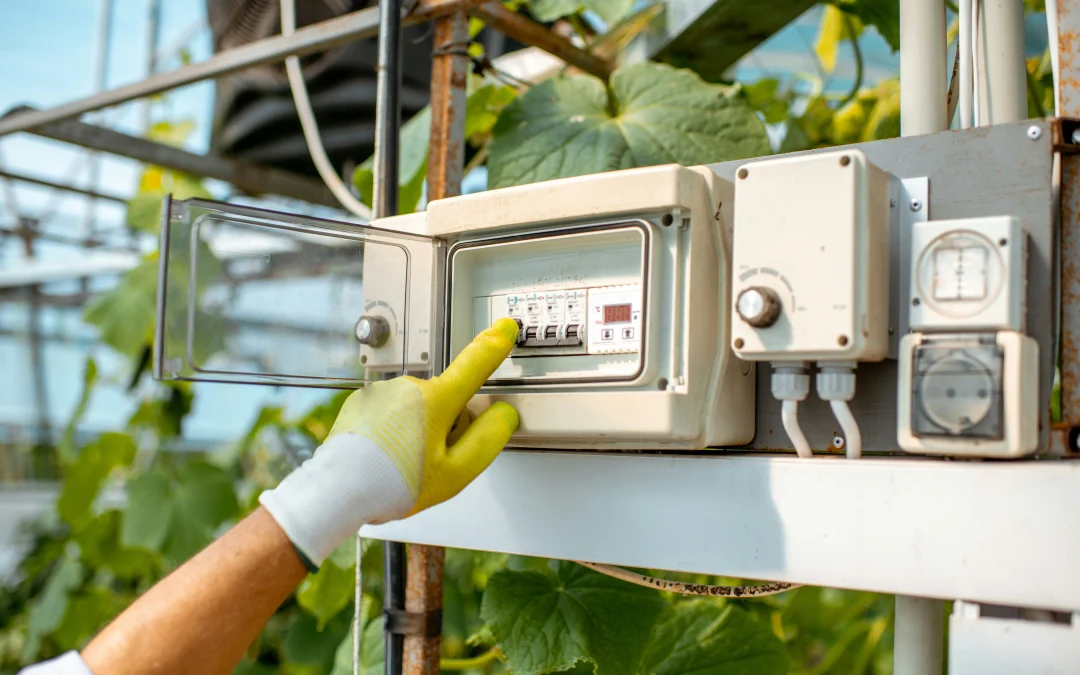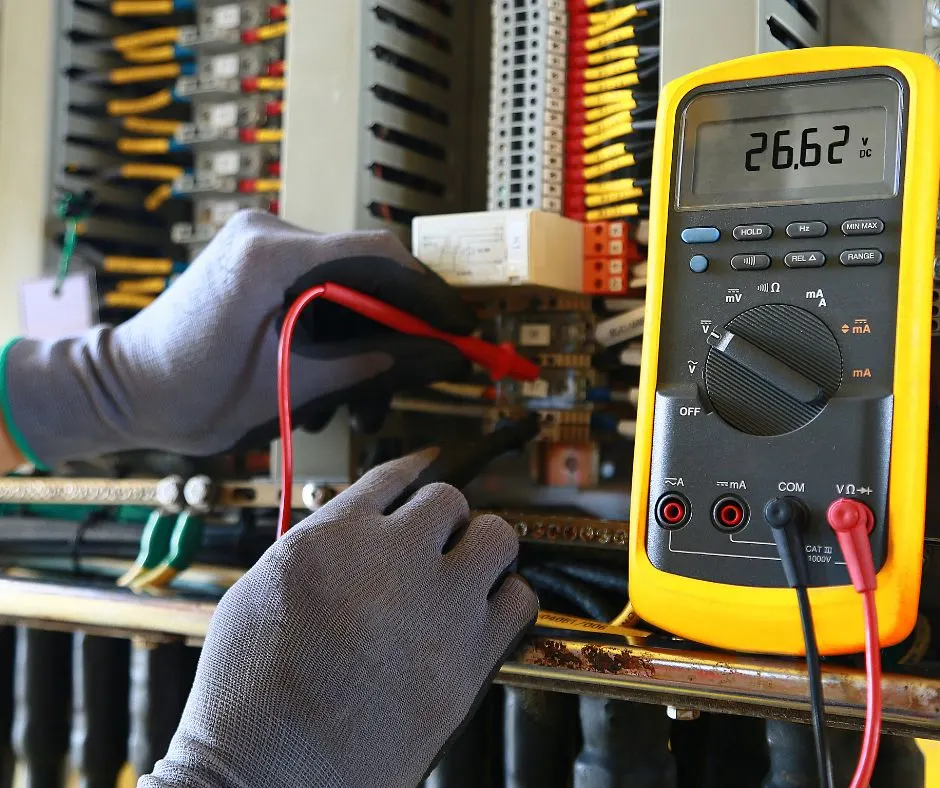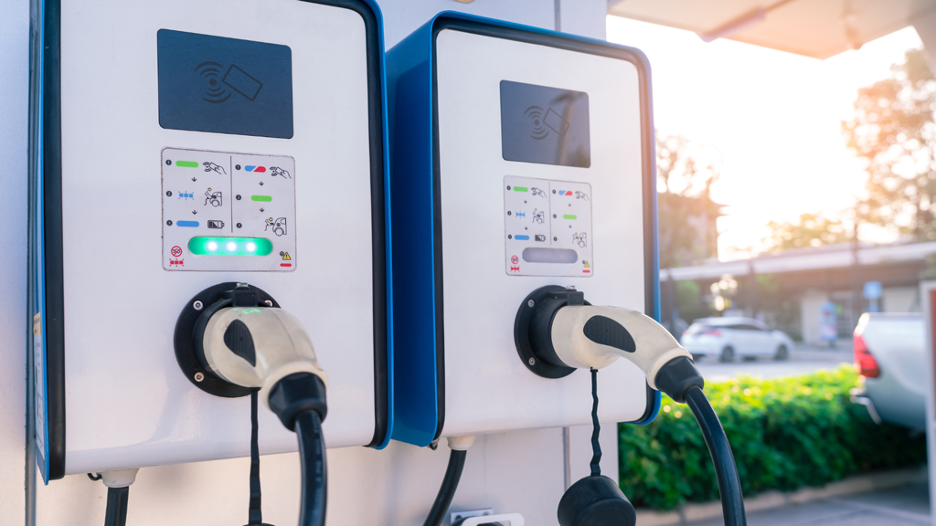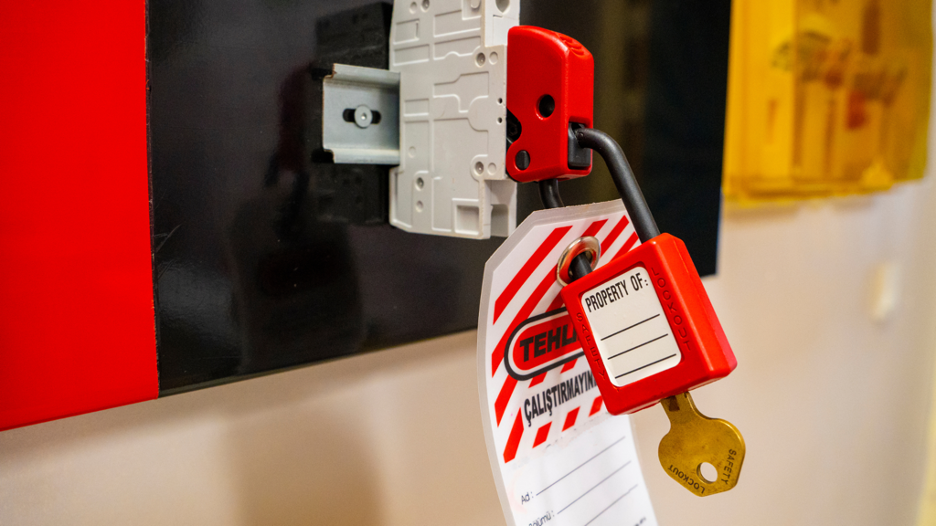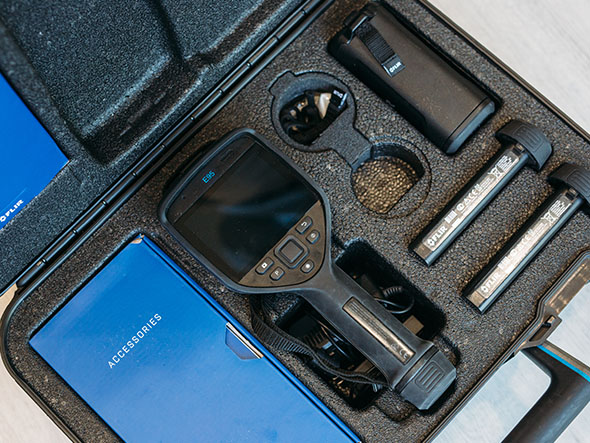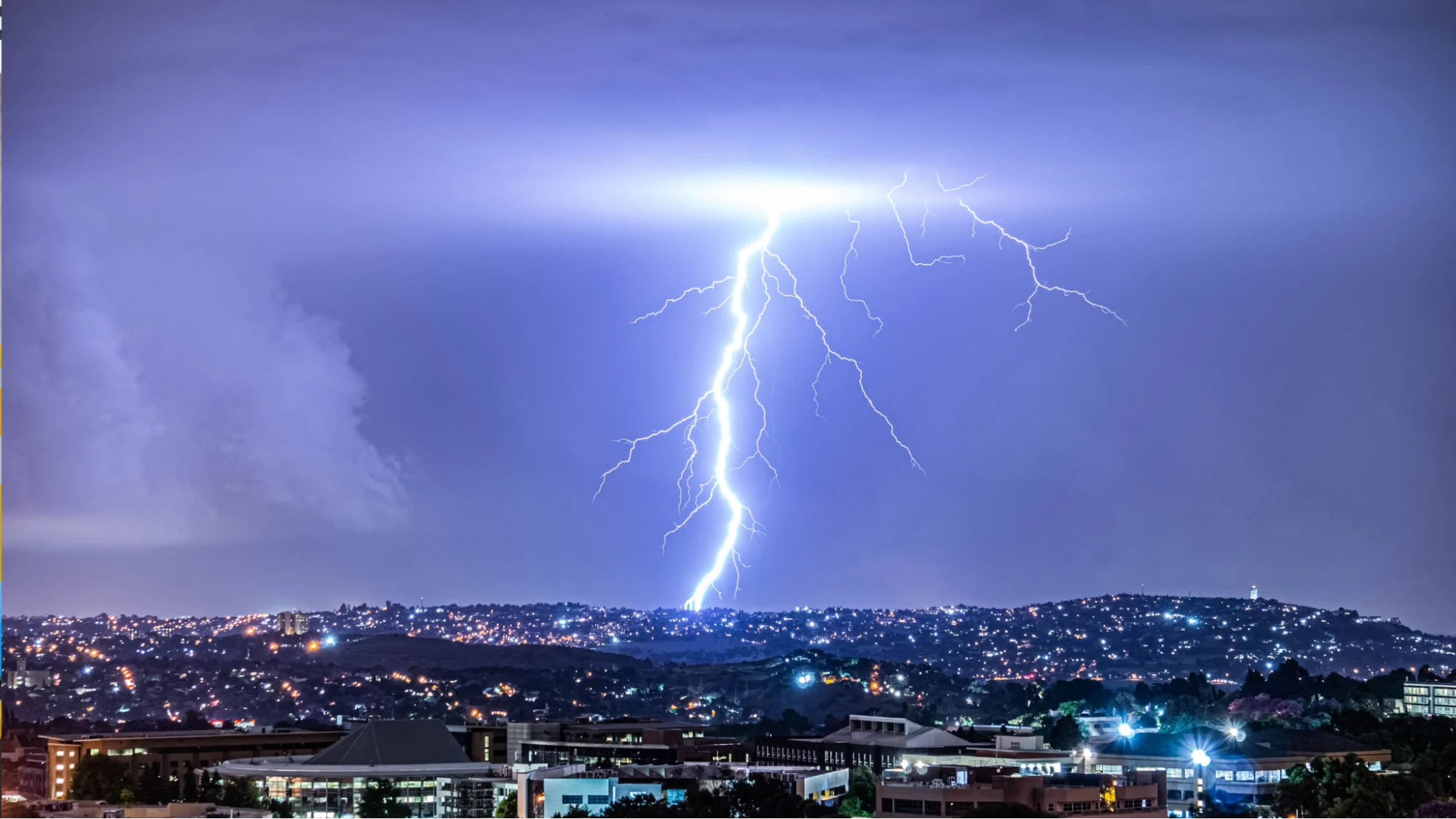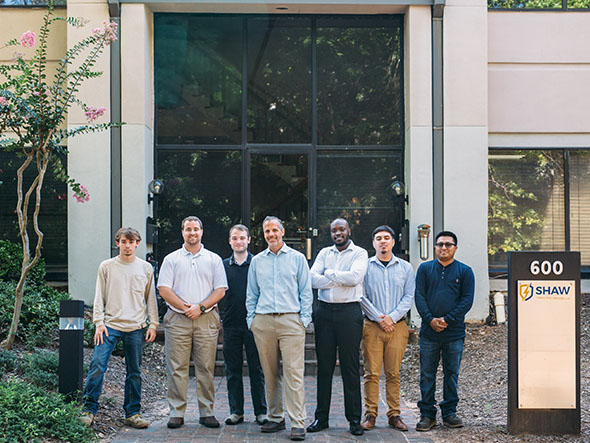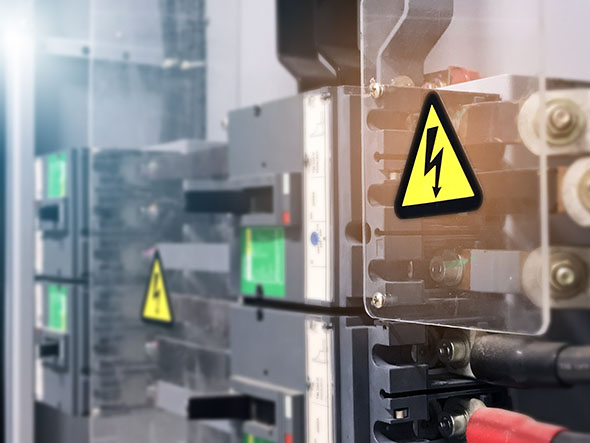Choosing the right electrical metering system can seem challenging at first, especially when daily operations, maintenance planning, and energy oversight are already demanding enough. When running a manufacturing plant or overseeing a busy commercial property, sorting out electrical needs can feel like just another item on an already long to-do list.
At Shaw Consulting Services, we speak with facility managers and engineers regularly who don’t exactly look forward to diving into the details of electrical metering systems. But the truth is, that the right system can directly influence safety, boost energy efficiency, and improve how a facility runs day-to-day. Taking the time to make an informed choice pays off.
This post outlines practical, 5 easy-to-follow steps for selecting an electrical metering system that fits the unique needs of any facility. We’ll skip the fluff and focus on what matters. By the end, you will have a clearer path to selecting a system that delivers on both performance and practicality.
Step 1: Understand Your Facility’s Needs
To begin, what specific functions should the metering system perform? Is it about monitoring general energy use, or does the facility need detailed insights into specific systems or departments?
For large-scale operations, such as manufacturing, power studies, or arc flash risk assessments, a metering system should deliver deep, actionable data. It must help pinpoint exactly where and when the most energy is being used. Shaw Consulting Services regularly works with clients in Atlanta and surrounding areas to help identify the right fit, especially when safety and reliability are top priorities.
In smaller office spaces, a more straightforward system may be all that’s needed. There’s no benefit in paying for features that won’t be used.
Step 2: Check Compatibility with Existing Systems
Bringing in a new electrical meter only to find it doesn’t work with existing systems can be a costly setback.
The new system should integrate smoothly with the facility’s current equipment and infrastructure. If we’re already using infrared inspections, breaker testing, or ongoing electrical maintenance, the new meter should plug into those workflows without causing complications. Doing this upfront can save time, money, and a few headaches down the road.
Step 3: Think About Data Access
Facility managers should be able to access data quickly and easily, whether onsite or off.
Many of today’s electrical metering systems come with intuitive dashboards, mobile apps, or cloud-based platforms. These tools help us keep tabs on energy use without having to dig through spreadsheets or call in a specialist. That kind of access can make a real difference, especially when we need to respond to an issue in real-time.
Step 4: Consider Accuracy and Reliability
Accurate data plays a crucial role in energy management decisions. A system that’s even slightly off can throw our reports and plans out of whack.
At Shaw Consulting Services, we’ve seen how small inaccuracies—especially in power studies and arc flash evaluations—can lead to bigger problems. When choosing a system, we want one that’s known for precision and consistency. It’s not just about monitoring energy—it’s about having confidence in the numbers we’re using to make decisions.
Step 5: Review Regulatory Compliance
Any system selected must meet local codes and industry standards. Especially here in Georgia, certain facilities face specific compliance requirements related to energy tracking and reporting.
Double-checking compliance at the start helps us avoid future surprises, like penalties or inspection issues. It also shows that we’re committed to running a safe and efficient operation.
Step 6: Factor in Ease of Installation and Maintenance
Let’s face it: no one wants to shut down operations for days to install a meter. Look for systems that are simple to install, easy to maintain, and backed by solid customer support.
If something does go wrong (it happens), we’ll want help that’s responsive and knowledgeable. That’s why at Shaw Consulting Services, we recommend solutions that are backed by strong service networks.
Step 7: Budget Wisely
This might not be the most exciting part of the process, but it’s crucial. It’s important to find a system that fits the budget without compromising performance or long-term reliability.
Spending a little more upfront on a high-quality meter can save us money over time. Fewer breakdowns, more accurate data, and less maintenance all contribute to a better return on investment.
Local Tips for Atlanta Facilities
For facilities located in Atlanta, the local climate should be factored in. The heat and humidity can take a toll on sensitive equipment. Choosing a metering system that can stand up to the local environment will help us avoid downtime and premature wear.
Making the Right Choice for Your Facility’s Electrical Metering System
Choosing the right electrical metering system doesn’t have to be overwhelming. By understanding facility needs, checking compatibility, prioritizing accuracy, and ensuring compliance, it becomes easier to make a smart and confident decision.
At Shaw Consulting Services, we’re here to help facilities across Atlanta and beyond make smart, informed choices when it comes to energy monitoring. We’re always happy to offer guidance, whether we’re working on power studies, arc flash assessments, or helping to select the right tools to support safe, efficient operations.

